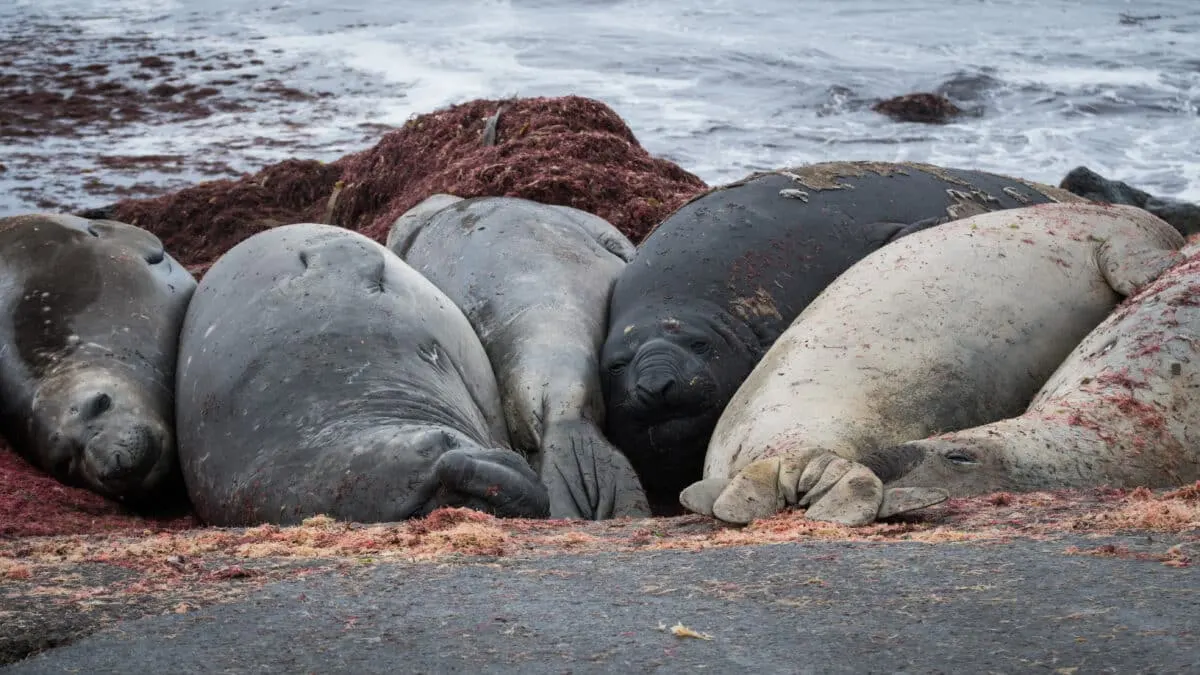Male Southern elephant seals, the colossal predators of the Antarctic, exhibit surprisingly selective eating habits. Despite a vast array of potential prey in their icy habitat, these marine mammals display distinct culinary preferences, focusing almost exclusively on their favorite foods.
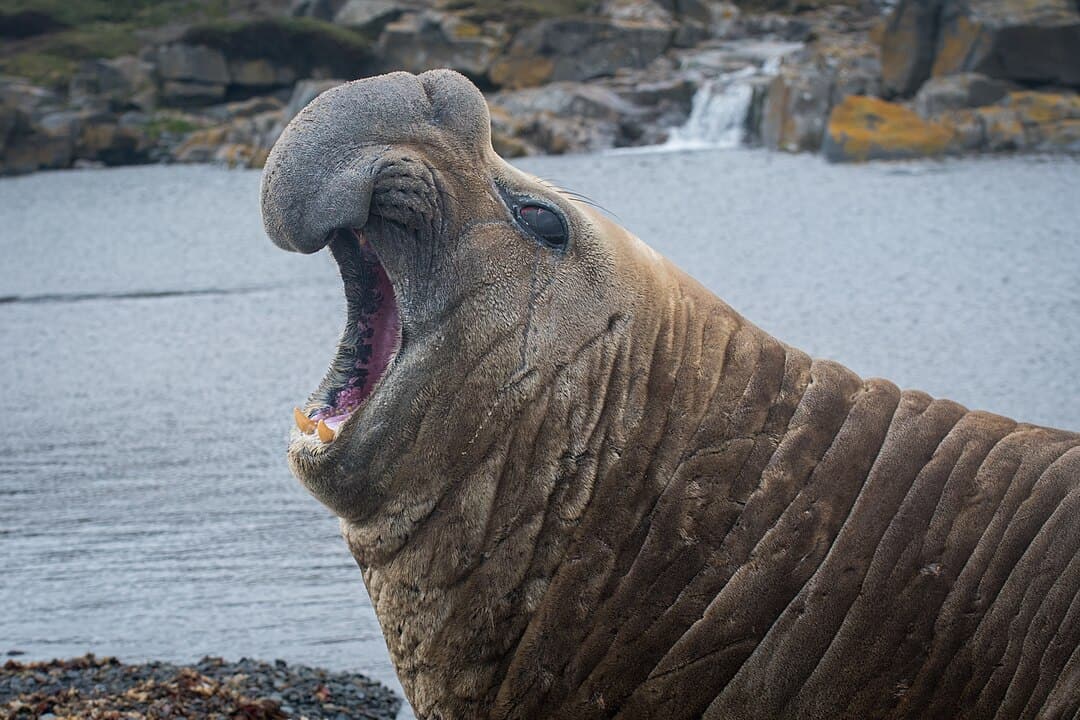
Specialized Diet
Recent research led by the University of New South Wales (UNSW) in Sydney, Australia, has shed light on the dietary habits of male Southern elephant seals. Contrary to the more generalized diet of their female counterparts, males are extremely picky eaters. Every seal prefers specific foods, ranging from fish and squid species to crustaceans and octopuses.
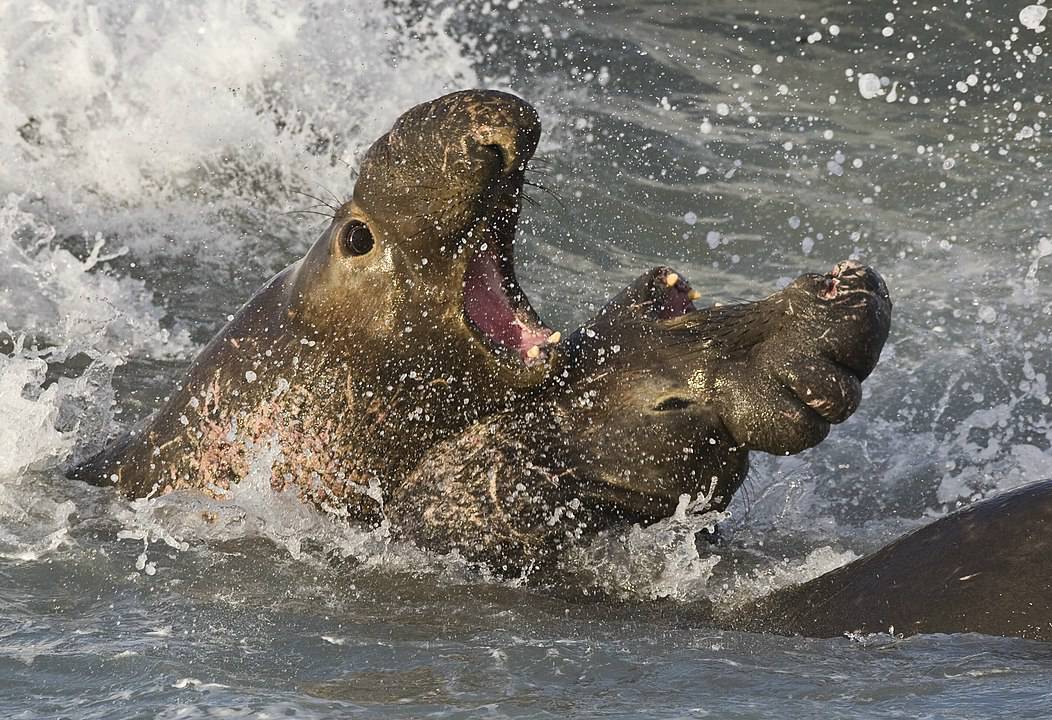
Methodology: Whisker Analysis
The study utilized a novel approach to understand the seals’ diet by analyzing their whiskers. Whiskers contain stable isotopes that provide a chemical record of the seals’ past meals. This method allowed researchers to construct a detailed picture of the males’ dietary habits over time.
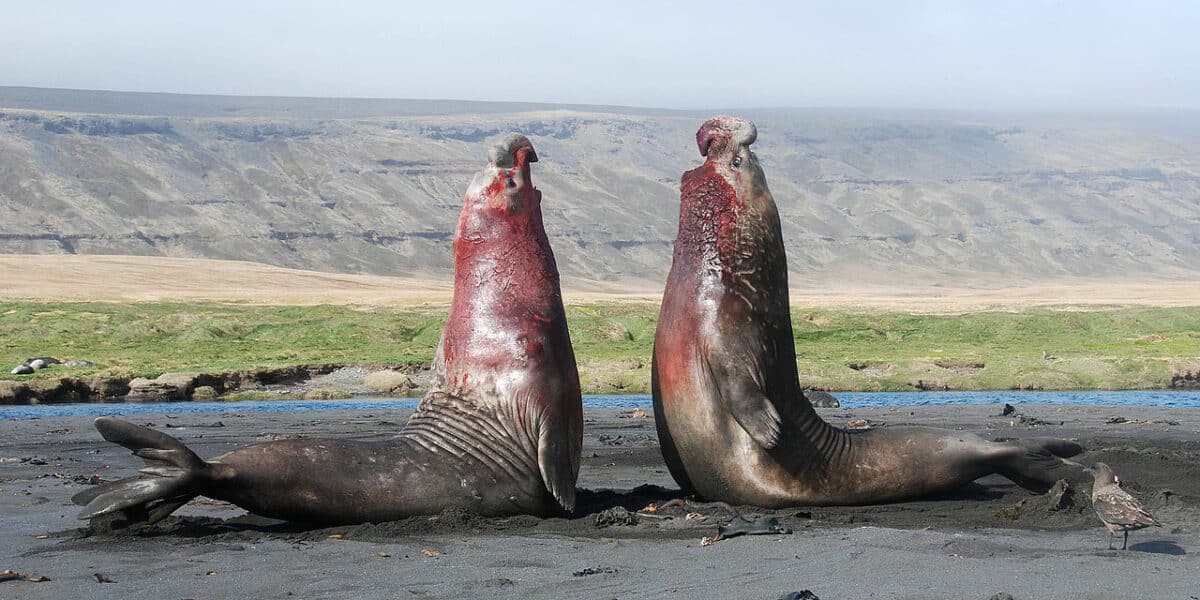
Findings: Extreme Specialists
The research revealed that nearly all the sampled seals were specialists, with a majority being extreme specialists. They consistently consumed the same types of food with little variation, focusing on less than 20% of the available food types. Only one seal in the study displayed a more generalized diet.
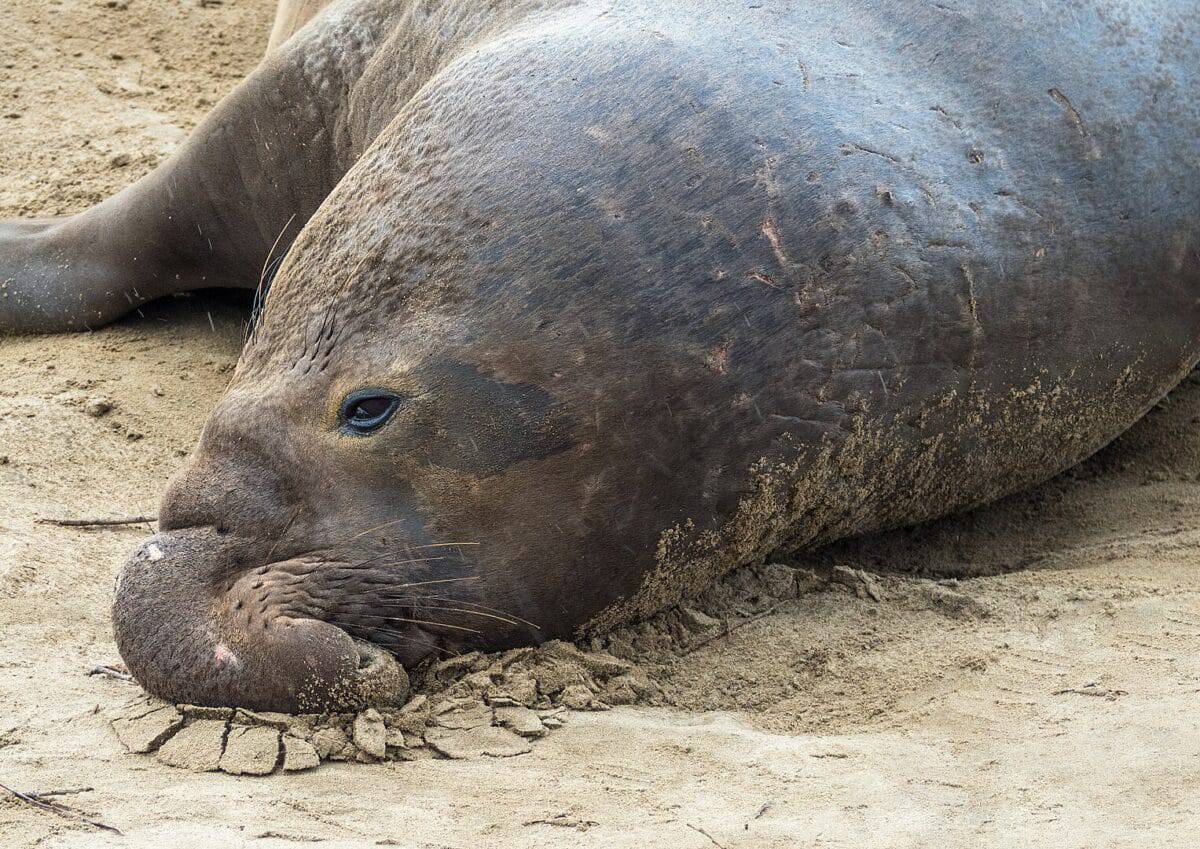
Body Size and Dietary Specialization
An interesting correlation emerged between the seals’ body size and their dietary specialization. Larger seals tended to consume prey higher up the food chain, opting for energy-dense foods like large squid, especially before the breeding season. However, specialization was not solely determined by size, as smaller seals also exhibited extreme food preferences from early adulthood.
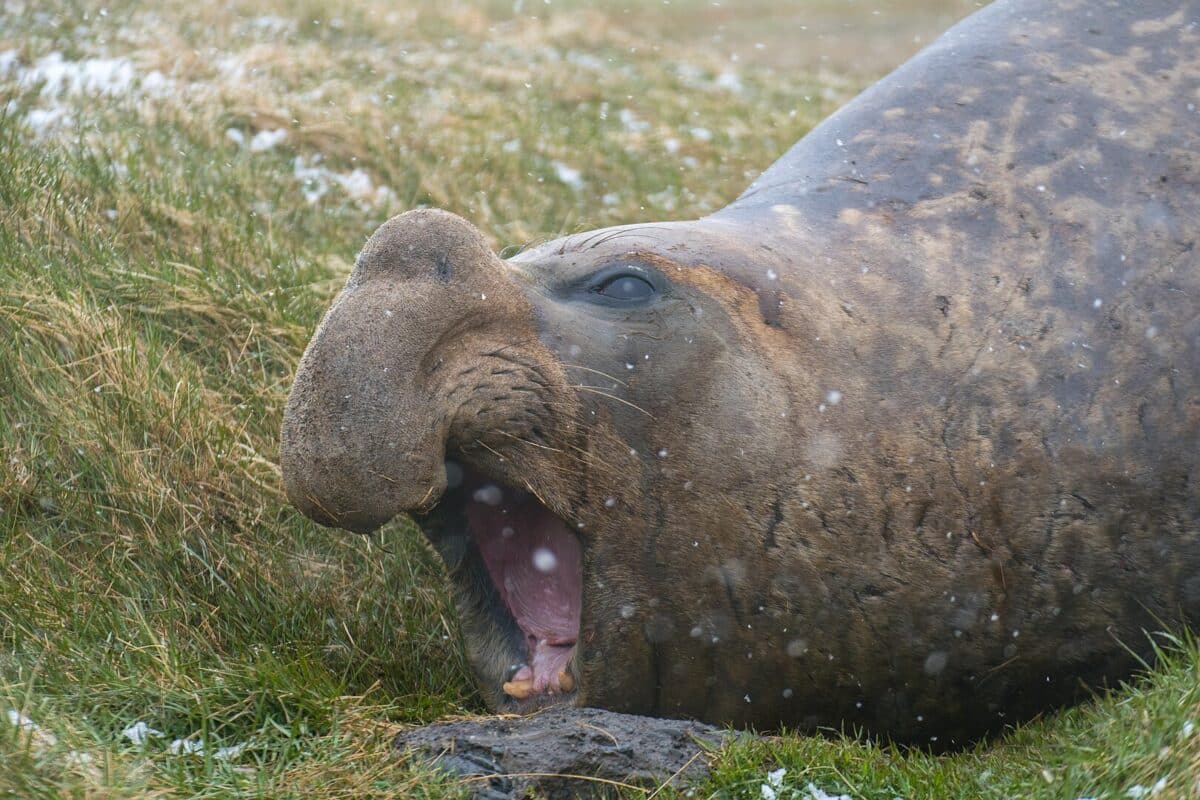
Implications for Breeding Success
The study’s findings highlight the potential impact of dietary specialization on breeding success. Specializing in specific food types, even subpar options, could improve foraging success rates among male seals and enable them to gain the size needed to compete for breeding rights.
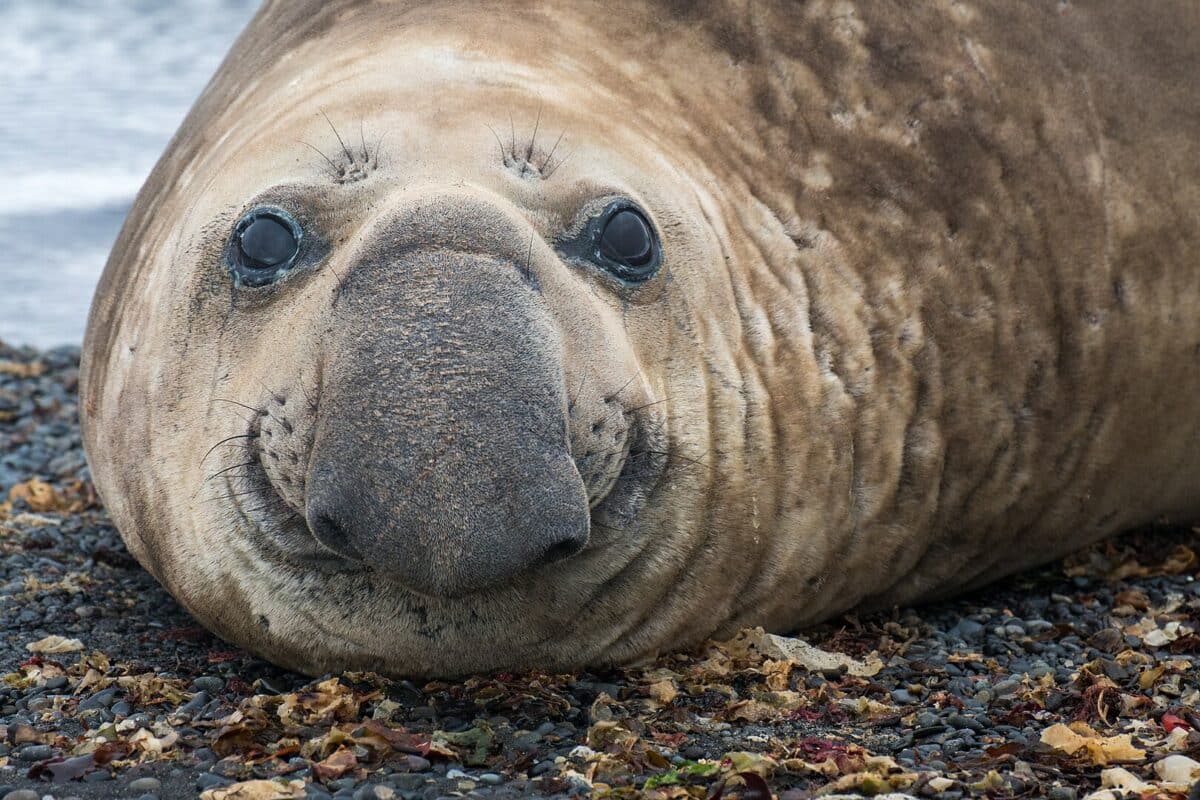
Climate Change Threat
Despite the recovery of Southern elephant seal populations, climate change poses a threat. Changes in the Southern Ocean could affect the availability of krill and other prey, impacting the seals’ ability to feed on their favorite foods. Researchers emphasize the need for more studies to understand the impact of climate change on these marine mammals’ dietary habits and breeding success.
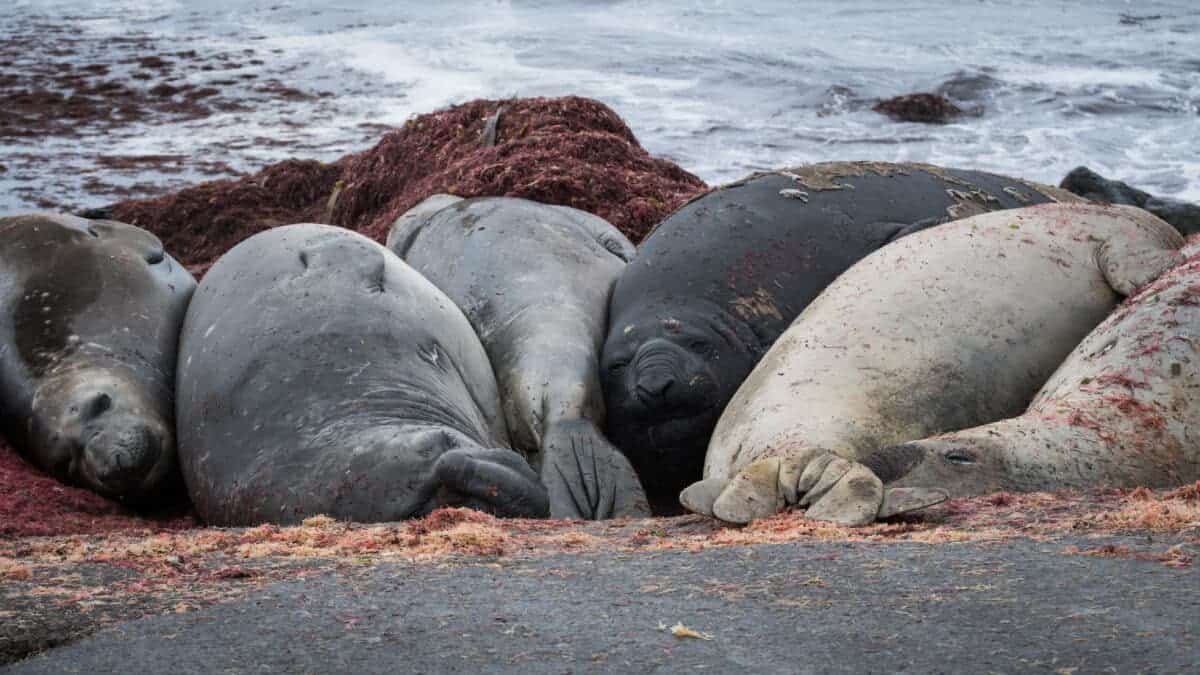
Read this next:
Swim with Seals and Sea Lions: Top 5 Destinations
Watch the First Ever Footage of a Newborn Great White Shark off the Coast of California
Watch: Gang of Seals Mob Great White Shark
Join our Forum for free today!

- The Bond Between a Wild Baby Bison and Her Rescuer - July 20, 2024
- An Excited Husky’s First Ever Time in Snow - July 20, 2024
- Top 20 Colorful Species To Brighten Your Day - July 14, 2024

